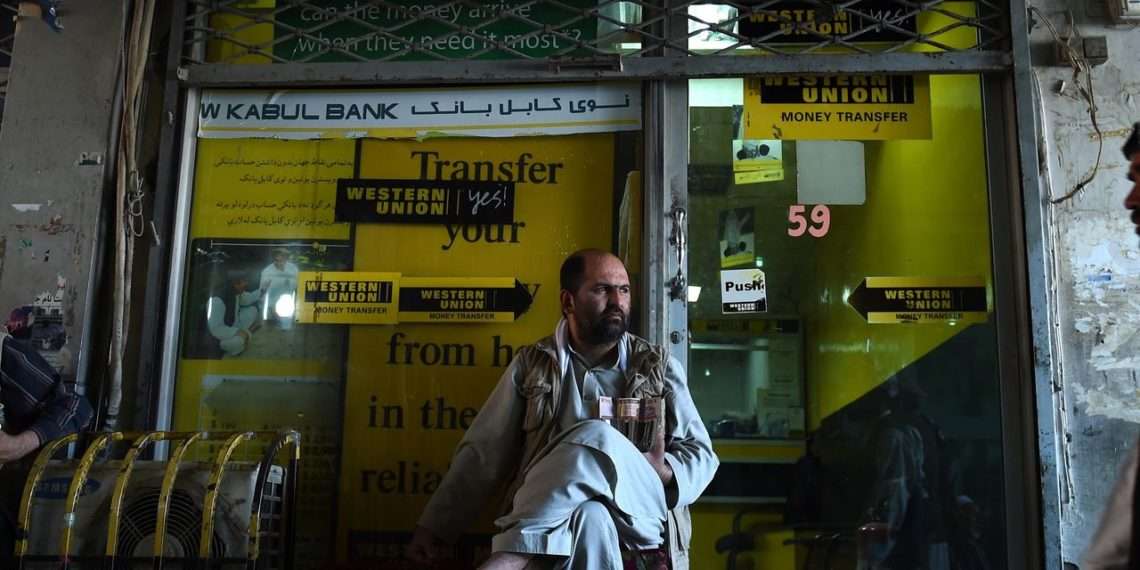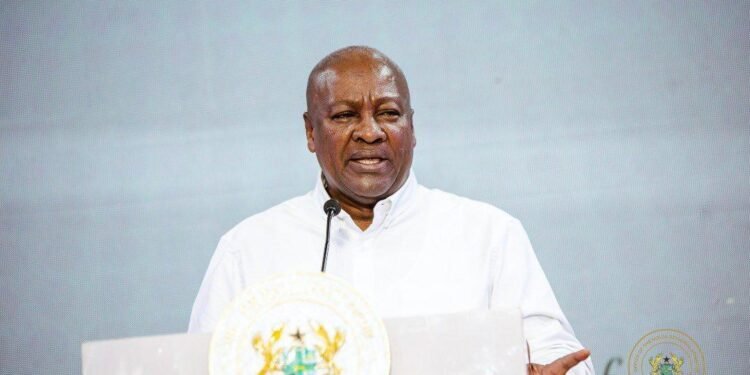Western Union Company has today, Thursday, September 2, 2021, said it is resuming money-transfer services to Afghanistan, following the suspension of operations in the Central Asian country two weeks ago over Taliban attack on Kabul.
“Starting September 2, 2021, Western Union is pleased to announce that it is resuming its money transfer services into Afghanistan, enabling customers from 200 countries and territories to once again send money to their loved ones in the country,” the world’s largest money-transfer firm said in a statement posted on its Twitter account.

President acted within remits of the law- Ayariga on ASEPA petition dismissal
In these times, the company has also offered a two-week, $0 transfer fee on all transactions into Afghanistan from September 3 throughout to September 17, 2021.
Western Union and MoneyGram suspended their services in Afghanistan earlier last month when there was a deterioration of security in the capital.
However, there has been some level of good news as banks in Afghanistan reopened for normal work to commence, paving the way for money-transfer institutions to conduct their services and dispense and receive funds.
What accounts for the decision to commence operations?
Speaking to the change of events, Western Union’s president for Asia, Europe, the Middle East and Africa, Jean Claude Farah said a push by the United States to facilitate humanitarian aid to the people of Afghanistan compelled the company’s confidence to revisit their operations.
IMF urges Gov’t to Leverage underutilized tax handles

“Much of our businesses involving Afghanistan is low-value family and support remittances that support basic needs of the people there. So that’s the grounding that we have and why we want to reopen our business.”
Farah
The flow of funds from migrant workers overseas is a key lifeline for many citizens in Afghanistan at the moment. This has gone a long way to help the economy of one of the world’s poor countries get through years of conflict and political and economic instability.
According to United Nations, about half of Afghanistan’s population requires heavy aid after facing the second drought in four years.
Non-traditional exports to rise to $25 billion by 2022
How USA and UK Views Afghanistan in Their Crises
In the eyes of the USA and the United Kingdom, the Taliban group has been considered a “terrorist” organization. By falling in the bad books of these two superpower nations, automatically prevents firms from having any financial dealings with the group.
However, US President Joe Biden has assured that his administration is committed to allowing humanitarian aids to continue in Afghanistan.

Farah further said that “We are continuing to engage with the US government and others to understand their policies and what type of longer-term regulatory framework will be put in place as it relates to the Taliban.”
Already, remittances to Afghanistan by far reached $789m in 2020, approximately four per cent of the country’s gross domestic product (GDP),. Also, an estimation by the World Bank in 2019, remittances reached $829m in 2019.
Are There Limitations to Money Transactions?
In the light of this relief, some limitations still remain unchanged, however, Western Union said on Thursday.
According to the firm, money will be paid out in US dollars or Afghanistan’s currency, the afghani, and payout will only be available in some locations, mostly in Kabul.
But outbound/transactions flow services such as sending money outside of the ambits of the country remains suspended.
Also Read: Pregnancies Six Weeks Old Cannot be Aborted – Texas State Court























